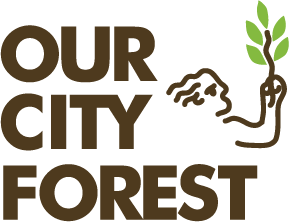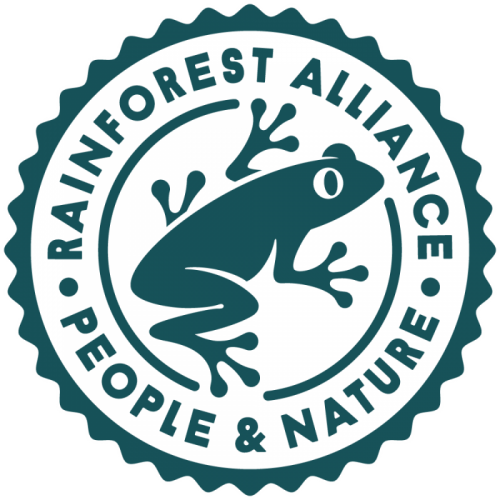Have you ever heard of palm oil products? Despite whether or not you have heard of palm oil, it is likely something you use or consume every single day, and probably several times a day. Palm oil can be found in many household products from soaps and lotions, to cereals and snacks. It is an extremely versatile oil that contributes to about half of the products one uses everyday. Unfortunately, the harvesting of palm oil is one of the leading causes of rainforest destruction in certain parts of the world. So how can we balance our needs with the needs of the world? Let’s take a look.
Palm oil is a vegetable oil that is harvested from oil palm trees. When compared to other vegetable oils like soy or canola, oil palms yield 4-10 times more oil per acre of harvested land. Because palm oil is grown more efficiently, and its derivatives can be used in so many products, the demand for palm oil has soared. Palm oil plantations have had to grow and expand to meet the rising demand for palm oil. Unfortunately, this has had a detrimental effect on local environments.
Oil palms grow best in tropical areas, so rainforests are often cut down to make room for growing plantations. Not only is the loss of rainforests detrimental to the global climate, but the expansion of palm oil plantations often leads to the displacement of indigenous groups as well. In addition, the local wildlife and plant species lose their homes and face major threats of extinction. Many animals like orangutans, rhinos, and tigers are only found in this region of the world, and if we do not strive to make the harvesting of palm oil more sustainable, we could see these species go extinct.
So what can we as consumers do about it?
One of the first steps to solving a problem is to learn more about it. To begin your journey of learning more about palm oil you can explore the products in your home. Take a look at the ingredients in products that you often use, or your favorite snacks and foods, and see if you can find palm oil or palm oil derivatives listed. This can be a little tricky because palm oil goes by several names, and it is used in the production of many ingredients. I have provided a helpful resource you can use to identify other names to be on the lookout for: Rainforest Action Network. The more you become aware of it, the easier it is to realize that palm oil is everywhere.
It is not realistic to boycott palm oil entirely. Not only is it more efficient to harvest than other vegetable oils, but it is also a major part of the economy in many countries in Southeast Asia. The loss of palm oil production could have devastating effects on the countries that rely on its production. Instead, the key is to make our production processes and supply chains for purchasing palm oil more sustainable. The Roundtable on Sustainable Palm Oil, or RSPO, is an organization that encourages companies to re-evaluate their production processes and palm oil usage. The companies and groups that are a part of the RSPO have made varying levels of commitment to moving towards sustainable palm oil. Becoming a member of the RSPO is often the first step companies take to start improving the way they acquire palm oil. Many companies have also improved past this initial commitment and are well within the process of moving towards using sustainably sourced palm oil in their products.
While shopping, it is important for us as consumers to support the brands that are working to be sustainable. However, it can be very hard to research every brand and product on your list. Luckily, there are many organizations that make this process as easy as possible. A good first step is to look for certain logos on the packaging of products like the ones pictured below.
These logos signify that the product has been evaluated by different organizations and that the product has met certain sustainable production standards. There are also smartphone apps that make it very easy to compare brands based on their palm oil usage. The “Sustainable Palm Oil Shopping” app created by the Cheyenne Mountain Zoo in Colorado, is a great resource to use when you are at the store. The Cheyenne Mountain Zoo researches the brands and companies for you, and rates them on a color scale so you know how committed they are to sustainable palm oil. A green rating is excellent, yellow is good, and orange is okay. You can use this app to search products and determine the best brands to buy from that support sustainable palm oil efforts.
What if your favorite products haven’t made the commitment to sustainability? Reach out to them! Let companies know that sustainability should be a priority. In addition to the shopping app, the Cheyenne Mountain Zoo has example letters that you can use to contact companies regarding their use of palm oil. They also have campaigns to reach out to large companies that haven’t made the commitment to sustainable palm oil yet.
In the fight for a better future, small changes can add up to make a huge difference. Joining the effort for more sustainable shopping is a great way to protect forests all over the world!



